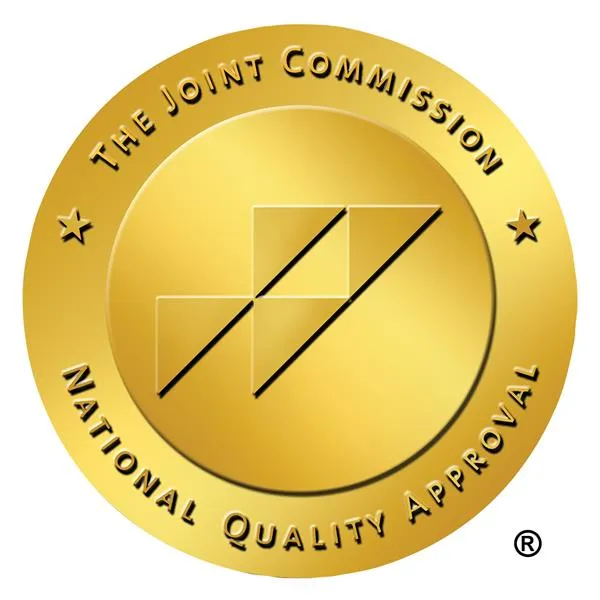Nurse leaders are regularly exposed to overwhelming workloads and high levels of stress. Despite not working directly with patients every day, they’re dealing with complex challenges and demanding responsibilities that contribute to nurse burnout, which adversely impacts their psychological and physical health.
Because many nurse leaders experience overwhelming work-related stress, adopting effective stress management techniques is critical to maintaining mental and physical wellness. In this article, we tackle the importance of addressing the overwhelming stress nurse leaders experience. We also provide helpful stress management tips for nurse leaders to combat burnout.
The importance of stress management for nurse leaders
The global pandemic and the nursing skills shortage further highlighted the challenges of the entire healthcare industry. These factors, and a continuously aging population, contribute to the heavy workload and stress nurses and nurse leaders deal with daily.
In 2021, the Nordic Journal of Nursing Research published a statistical analysis report showing that 42.7% of nurse managers experienced elevated stress levels and high intent to leave the organization. Additionally, a 2019 study that assessed the risk of burnout in nurse leaders showed that 672 nurse leaders across different levels of nurse leadership reported similar burnout levels.
Nurse leaders must be given the tools that they need to destress, as this can effectively improve their mental, emotional, and physical well-being, and reduce attrition rates. Nurse leaders who thrive at work tend to have a positive impact on the people they lead and patient care quality. A Forbes article reported that 62% of teams led by stressed managers who are withdrawn or are more quick-tempered are more likely to leave their jobs.
Stress management strategies for nurse leaders
Set boundaries
Setting healthy professional boundaries can be difficult, especially for people with major work responsibilities, but it is essential in reducing anxiety, stress, and burnout. As a nurse leader, you must be cognizant of and actively set boundaries with nurses in your team, management, and patients.
A good way to determine if you’d need to set boundaries on and say no to a request or task is if it’s any of the following: If it’s no longer part of your job, if you no longer have time for it, and if it will not benefit a patient’s or your health if you accept it.
To set boundaries, it’s important to be straightforward yet careful and respectful when communicating your thoughts and feelings. After sharing your boundaries, make sure that you carry them out. Although it’s natural to feel uncomfortable when setting professional boundaries, it’s important to be consistent and follow through with your words.
Learn to delegate tasks
Delegation is an important tool in lowering stress, boosting productivity, and improving trust among team members. Nurse managers may struggle when it comes to delegating tasks because of many factors, including feeling guilty about assigning more work to team members. However, it’s important to recognize that you can’t and should not do everything alone. For example, tasks such as scheduling, vetting, and training new employees can be delegated or outsourced to reputable healthcare staffing agencies.
When work is delegated properly, everyone wins — team members feel empowered and trusted, while nurse leaders can exercise their accountability and responsibility and build resilience.
Nurse leaders must communicate tasks, give accurate directions, set proper expectations, and provide support and guidance when delegating.
Be kind to yourself and your body
Numerous studies have shown how long-term stress negatively affects a person’s physical and mental health levels. As a nurse leader, you must exercise regularly to help lower your blood pressure and stress hormones.
It’s also crucial to do self-care activities, which don’t have to take too much of your time but can help you feel revitalized and relaxed. These activities can be as simple as taking a hot shower or bath, socializing with close friends, getting a facial or a massage, or practicing meditation or journaling.

